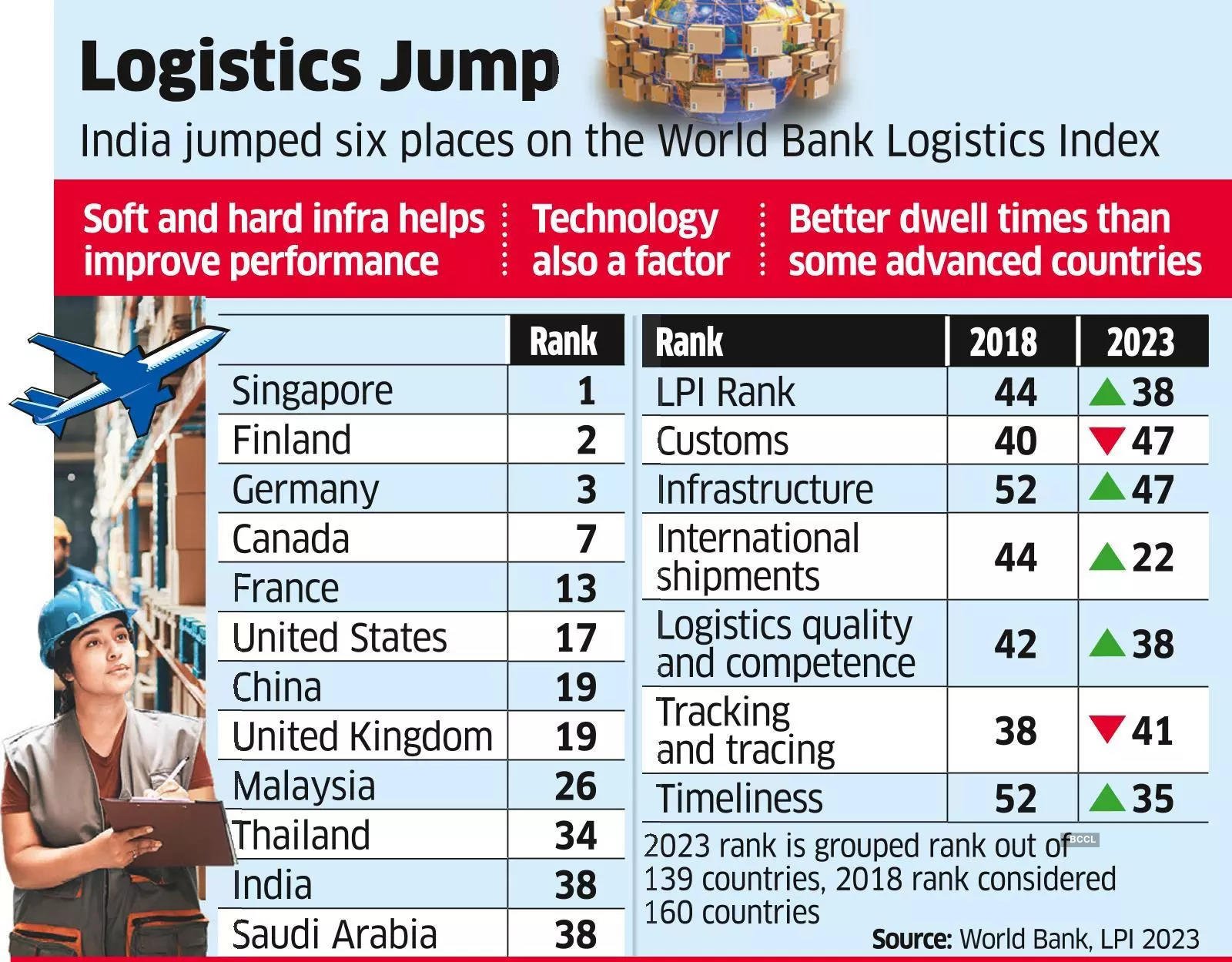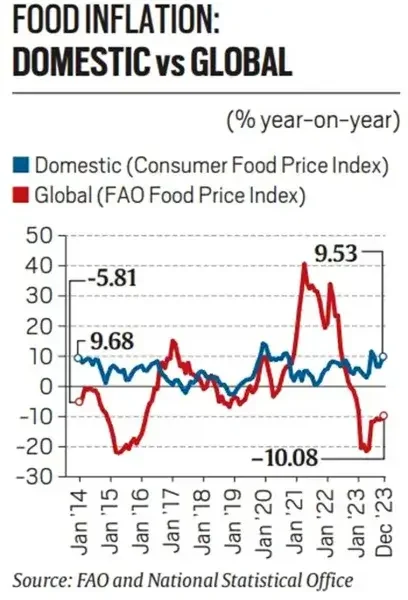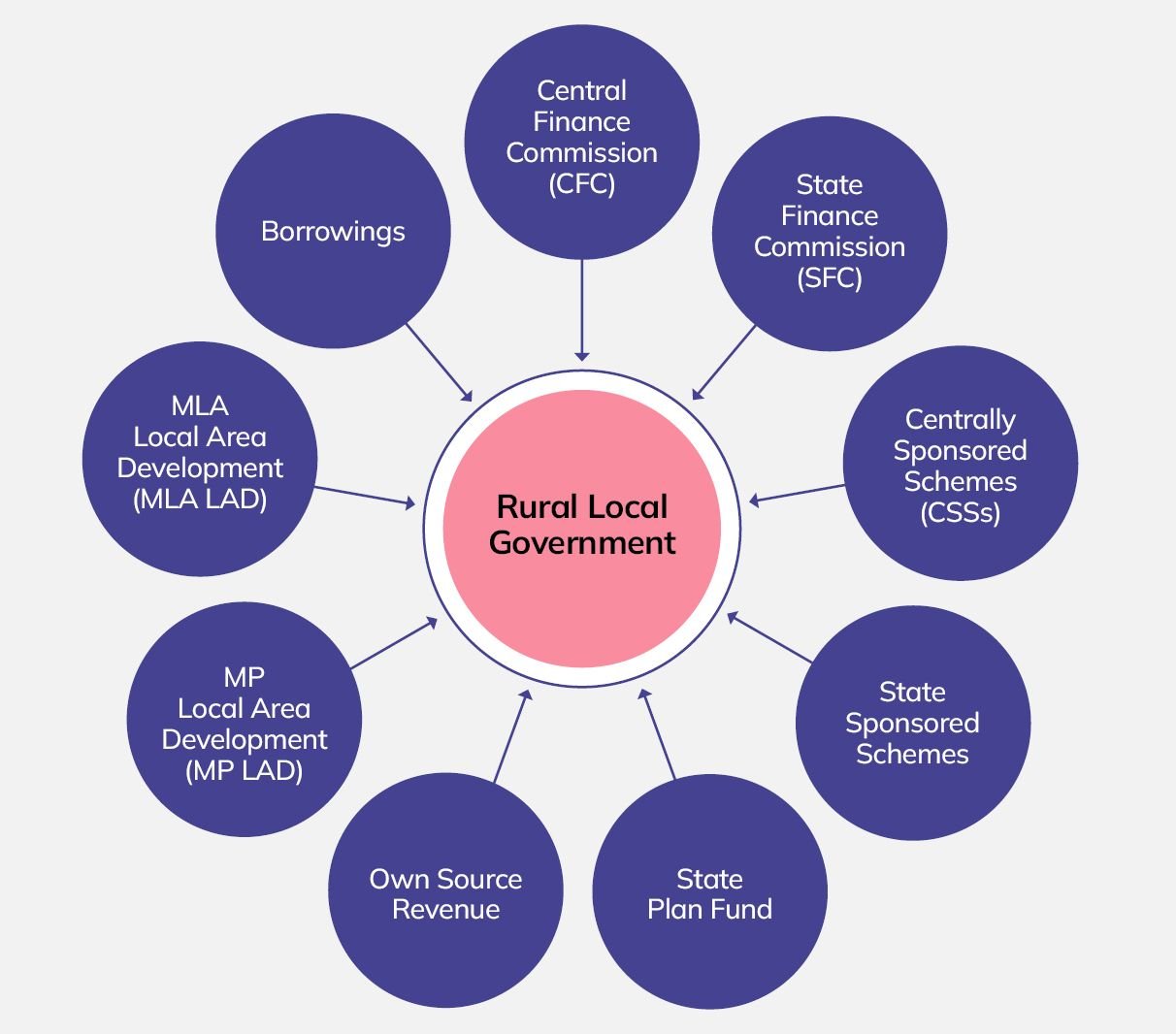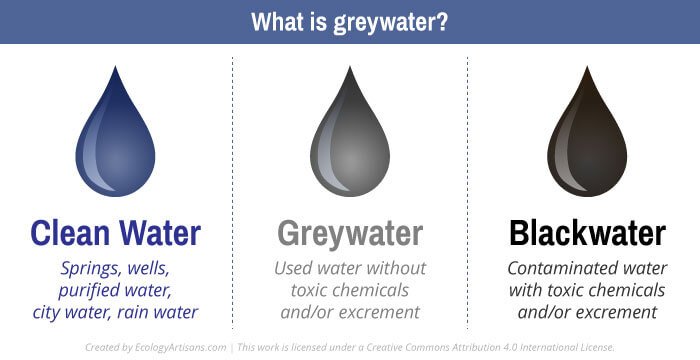
Indian Basmati Rice in Pakistan
Subscribers of "Current Affairs" course can Download Daily Current Affairs in PDF/DOC
Subscribe to Never Miss an Important Update! Assured Discounts on New Products!
Must Join PMF IAS Telegram Channel & PMF IAS History Telegram Channel
- Context (IE): Indian Agricultural Research Institute (IARI) have red-flagged the “illegal” cultivation of its blockbuster varieties in Pakistan.
- Indian Basmatis are being grown & marketed in Pakistan as “1121 Kainat” and “Kissan Basmati“.
Protection Available
- All the varieties we have bred are notified under the Seeds Act, 1966, for cultivation in the officially demarcated Geographical Indication area of basmati rice within India, covering 7 northern states.
- The Protection of Plant Varieties and Farmers’ Rights Act, 2001, allows only Indian farmers to sow, save, re-sow, exchange, or share the seeds of any protected/registered varieties.
- Protected Geographical Indication (PGI): To counter this, India has applied for the exclusive use of the term “Basmati” in the EU.
Pakistan’s growing Indian Basmati
- As with just about 5kg seeds, one acre of Pusa Basmati can be grown, Pakistani firms need to procure just a few kg of these, either from wholesale mandis or fields across the border.
- Within two years of release, subsequent multiplication generates sufficient seeds for Pakistani firms.
India and Pakistan’s position in Basmati export
- India shipped out 45.61 lakh tonnes (lt) of basmati rice worth $4.79 billion in 2022-23. Pakistan’s basmati exports are way lower at 5.95 lt ($650.42 million) in 2022-23 (July-June).
- The Pakistani rupee’s depreciation has enabled the country to export its Super Kernel basmati brown rice to the European Union and the United Kingdom at cheaper rates.
- India dominates in Iran, Saudi Arabia & West Asian countries due to demand for parboiled rice.
|
For more details, visit > Basmati rice.




![PMF IAS Environment for UPSC 2022-23 [paperback] PMF IAS [Nov 30, 2021]…](https://pmfias.b-cdn.net/wp-content/uploads/2024/04/pmfiasenvironmentforupsc2022-23paperbackpmfiasnov302021.jpg)











